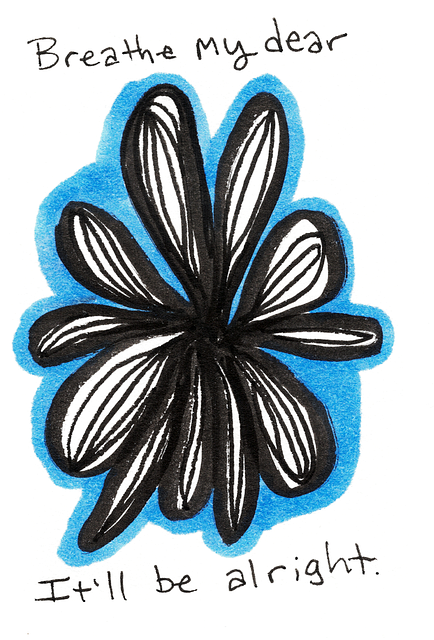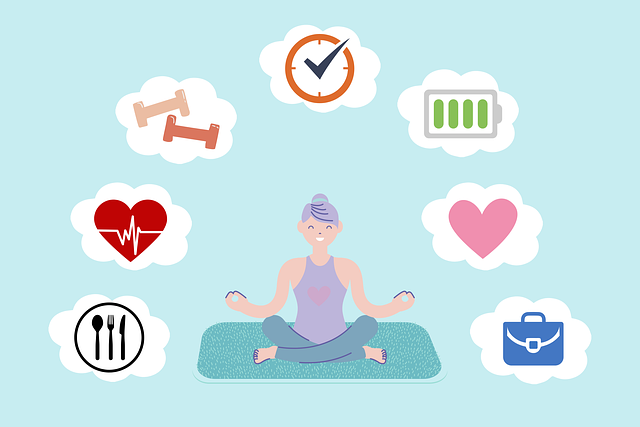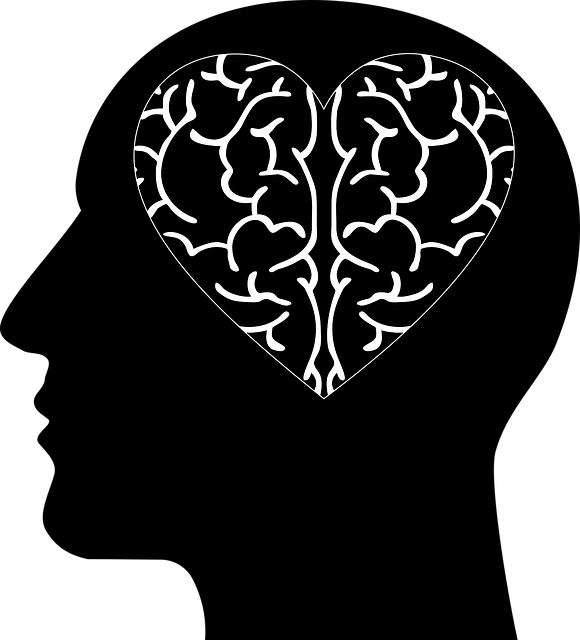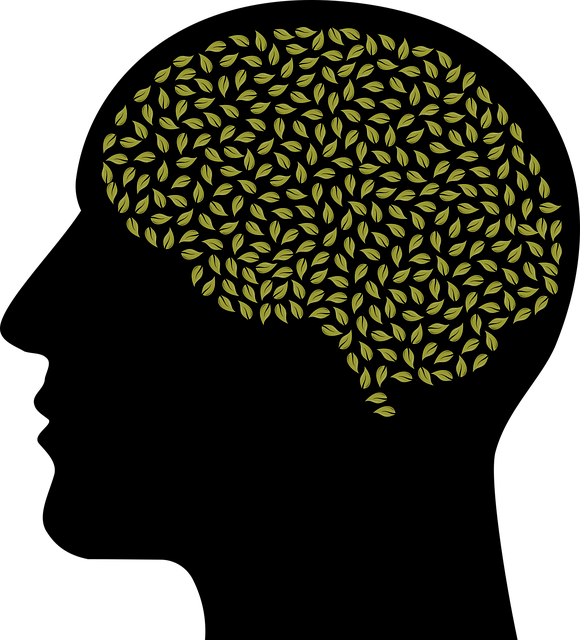Stress, though beneficial in short term, becomes harmful when chronic. Mental health professionals face heightened stress levels due to demanding work environments and traumatic cases. Littleton EMDR Certified Therapy offers specialized techniques combining bilateral stimulation with guided recall (EMDR) for trauma processing and stress reduction. Backed by research, this holistic approach enhances well-being and effectiveness for trauma survivors and those struggling with anxiety. Integrating self-care practices alongside therapy promotes emotional balance, resilience, and long-term mental health through techniques like Littleton EMDR Certified Therapy.
Stress is a ubiquitous part of modern life, but its long-term effects on mental and physical health can’t be ignored. In this article, we explore effective stress reduction methods, focusing on the transformative power of Littleton EMDR Certified Therapy. We’ll delve into the science behind stress, its impact on well-being, and provide a range of techniques, including alternative therapies, to empower individuals in managing and overcoming stress. Discover how integrating self-care practices can lead to lasting mental resilience.
- Understanding Stress and Its Impact
- Littleton EMDR Certified Therapy: A Comprehensive Approach
- Additional Stress Reduction Techniques
- Integrating Self-Care for Long-Term Well-Being
Understanding Stress and Its Impact

Stress is a natural response to demanding or threatening situations, but when it becomes chronic, it can significantly impact our physical and mental health. It’s essential to recognize that stress isn’t always negative; short-term stress can enhance performance and focus. However, prolonged exposure to stressful conditions can lead to various issues, affecting both our emotional well-being and overall quality of life. This is where effective stress reduction methods become crucial, especially for individuals dealing with high-pressure environments or traumatic experiences.
In the context of mental health professionals, managing stress is not just a personal concern but also a professional imperative. Building resilience and cultivating emotional intelligence are key strategies to navigate challenging situations. Additionally, implementing comprehensive risk management planning can help professionals maintain their well-being, ensuring they can continue providing optimal care to their clients. Littleton EMDR Certified Therapy, for instance, offers specialized techniques to process traumatic memories and reduce stress, contributing to the overall mental health and resilience of practitioners.
Littleton EMDR Certified Therapy: A Comprehensive Approach

Littleton EMDR Certified Therapy offers a comprehensive approach to stress reduction and mental wellness. Eye Movement Desensitization and Reprocessing (EMDR) is an evidence-based therapy that helps individuals process traumatic memories, reduce anxiety, and improve mood management. By combining bilateral stimulation with guided recall of distressing events, this method facilitates the brain’s natural healing process, allowing for significant progress in a relatively short period.
The effectiveness of Littleton EMDR Certified Therapy has been supported by extensive research, making it a go-to option for many seeking effective stress management solutions. This therapy is not only beneficial for individuals who have experienced trauma but also for those struggling with chronic stress and anxiety. Moreover, integrating public awareness campaigns and stress management workshops can further enhance the reach and impact of this approach, helping a wider community develop robust mood management skills.
Additional Stress Reduction Techniques

Stress reduction is a holistic journey, and many techniques can complement traditional practices like exercise and meditation. For those seeking more specialized support, Littleton EMDR Certified Therapy offers a unique approach to healing. Eye Movement Desensitization and Reprocessing (EMDR) is a powerful tool that leverages mind over matter principles to help individuals process traumatic memories and reduce associated stress responses. By reworking negative thought patterns and emotional connections, this therapy facilitates a profound sense of calm and resilience.
In conjunction with EMDR, trauma support services play a crucial role in fostering positive thinking and overall well-being. These services provide specialized care for those who have experienced significant traumas, offering safe spaces to process emotions and develop coping strategies. By integrating these diverse methods, individuals can embark on a transformative path toward managing stress effectively, ultimately enhancing their quality of life.
Integrating Self-Care for Long-Term Well-Being

In today’s fast-paced world, integrating self-care practices is essential for long-term well-being. This involves adopting a holistic approach to mental health where various techniques like Littleton EMDR Certified Therapy can play a pivotal role. By incorporating therapeutic methods into your routine, you can effectively manage stress and promote emotional balance. For instance, this therapy, combined with the development of a consistent self-care routine, offers a powerful strategy for improving mental health.
A structured self-care routine focuses on various aspects such as physical activity, mindfulness exercises, and healthy communication strategies. These practices not only help in reducing stress but also serve as trauma support services, enabling individuals to navigate through challenging experiences. By prioritizing self-care, one can foster resilience, enhance overall well-being, and create a sustainable foundation for a happier and healthier life.
In conclusion, managing stress effectively is a multifaceted journey. From understanding its profound impact on our lives to adopting powerful techniques like Littleton EMDR Certified Therapy, we’ve explored diverse strategies for well-being. Combining these methods with self-care practices ensures long-term resilience against stress. By integrating these insights into daily routines, individuals can navigate life’s challenges with greater ease and find lasting peace.














